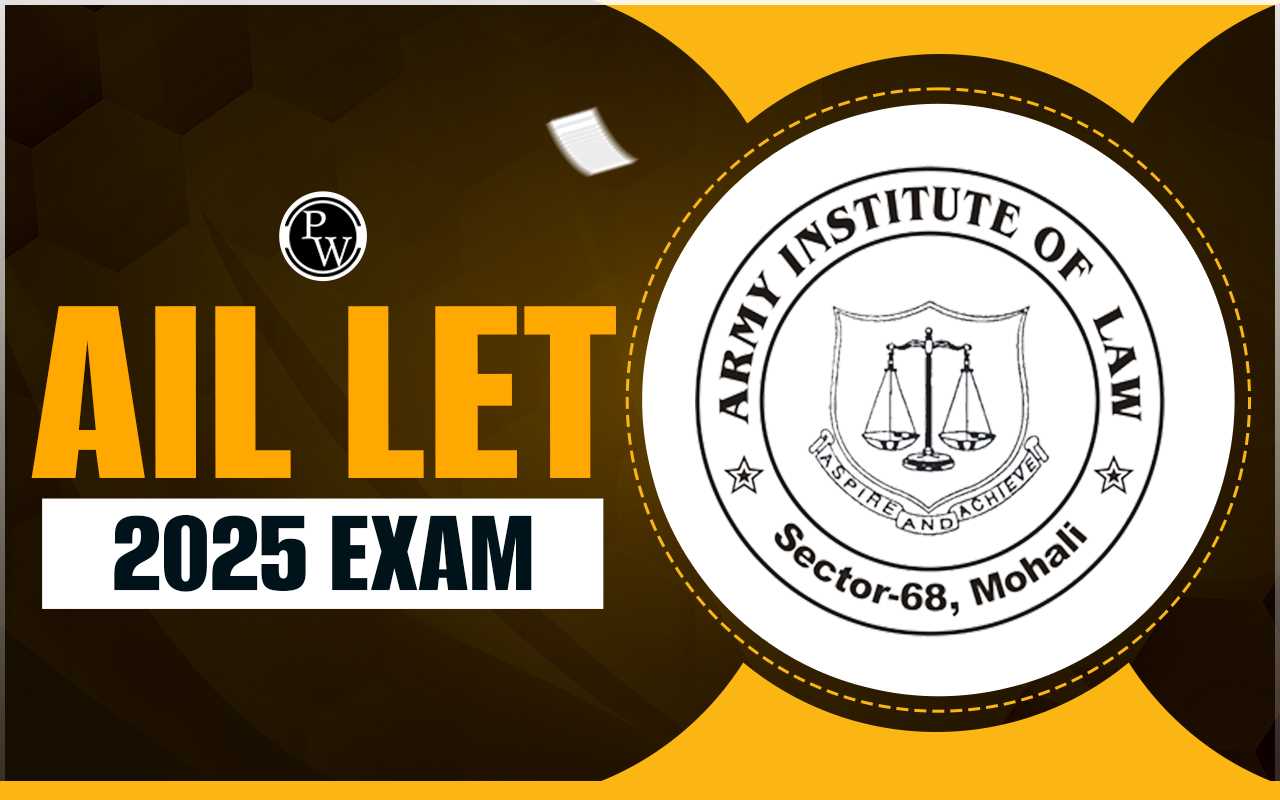
Achieving success in a teaching certification process is a crucial milestone for anyone aspiring to enter the field of education. Understanding the requirements, preparation strategies, and key exam components is essential for maximizing your chances of success.
In this guide, we will explore the necessary steps to effectively prepare for this important assessment. From understanding the content areas to managing your study time, each aspect plays a vital role in your overall performance. Whether you’re a first-time test taker or seeking to improve your score, comprehensive preparation is key.
Comprehensive Guide to the LET Exam
Preparing for a teaching certification assessment requires careful planning and dedication. This guide provides essential insights into the entire process, from understanding the requirements to managing the preparation phase effectively. Whether you’re aiming to meet educational standards or enhance your qualifications, thorough preparation is the foundation for success.
We will walk you through each step, covering the structure of the assessment, key subject areas, and best strategies for mastering the material. By focusing on core skills and practicing time management, you can approach the test with confidence and readiness.
Understanding the LET Exam Structure
Gaining a clear understanding of the structure of this important certification test is essential for effective preparation. Familiarizing yourself with how the test is organized helps you focus on the right areas and manage your time more efficiently on test day.
The assessment is typically divided into several distinct sections, each targeting specific knowledge and skills required for teaching professionals. These sections vary by subject area but generally include the following key components:
- General Education: Covers a wide range of topics such as language, mathematics, and science that assess foundational knowledge.
- Professional Education: Focuses on teaching strategies, educational psychology, and classroom management techniques.
- Specialized Areas: Examines in-depth knowledge relevant to the subject you wish to teach, such as English, Mathematics, or Science.
- Pedagogical Skills: Assesses your ability to apply teaching methods and engage with students effectively.
Each section is designed to evaluate both theoretical knowledge and practical application, ensuring that candidates are well-prepared for the challenges of the classroom. By understanding this structure, you can approach each section strategically and increase your chances of success.
Key Subjects Covered in the LET
The certification assessment for teaching professionals includes a wide range of subjects that are essential for ensuring that candidates are well-rounded and capable in the classroom. Understanding the core subjects covered in the assessment helps you target your study efforts and prepare more effectively.
These subjects are designed to evaluate both general knowledge and specific skills required for a successful teaching career. The most important areas typically include:
- General Education: Topics like language proficiency, mathematics, and basic science that form the foundation for all teachers.
- Educational Psychology: Understanding how students learn and develop, which is critical for effective teaching strategies.
- Teaching Methodologies: Exploring various instructional techniques and approaches to engage students in the learning process.
- Curriculum Development: Knowledge of how to design and implement educational programs that meet academic standards.
- Classroom Management: Strategies for maintaining a positive learning environment and managing diverse classrooms effectively.
By focusing on these subjects, you can ensure that you’re fully prepared for all aspects of the assessment and increase your chances of success. Each topic plays a key role in your development as a future educator and helps you meet the standards required to teach in various educational settings.
How to Register for the LET Exam
Registering for a teaching certification assessment is an essential step in your journey towards becoming a licensed educator. This process involves several key steps to ensure that you meet all the requirements and are properly enrolled for the test. Understanding the registration procedure will help you avoid unnecessary delays and ensure you are well-prepared on the day of the test.
Steps for Successful Registration
Follow these steps to register for the certification test:
- Check Eligibility: Ensure you meet the minimum requirements, including educational qualifications and professional experience.
- Prepare Necessary Documents: Gather all required documents, such as proof of identity, academic transcripts, and any other certificates that may be needed.
- Choose Your Testing Center: Select a convenient testing location based on your geographic preference and availability.
- Complete the Application Form: Fill out the registration form accurately, providing all required personal and educational details.
- Pay the Registration Fee: Ensure you complete the payment process for the registration fee. Different methods of payment may be available depending on your location.
Important Tips for Registration
- Check Deadlines: Be aware of the registration deadlines to avoid missing the window for your desired testing date.
- Double-Check Your Information: Make sure all personal and academic details are accurate to prevent issues with your registration.
- Save Your Confirmation: Keep a copy of your registration confirmation and payment receipt for future reference.
Once you’ve completed the registration process, make sure to keep track of any additional instructions or updates from the testing organization. Proper preparation for the registration process ensures a smooth path toward certification and a successful teaching career.
LET Exam Eligibility Requirements
To qualify for the teaching certification assessment, candidates must meet specific eligibility criteria set by the certifying authorities. These requirements ensure that only individuals who have the necessary academic background and professional readiness are allowed to take the test. Understanding these prerequisites is crucial for planning your application and ensuring you meet all the necessary conditions.
The following table outlines the typical eligibility requirements for individuals wishing to take the certification test:
| Requirement | Details |
|---|---|
| Educational Qualification | Applicants must have a bachelor’s degree in education or a related field, or must have completed a teacher training program. |
| Age Limit | Most candidates must be at least 18 years old and not exceed the age limit specified by the certifying body. |
| Professional Experience | Some certification programs may require a certain amount of teaching experience or internship completion. |
| Citizenship | Candidates are generally required to be citizens or legal residents of the country where the assessment is being administered. |
| Health and Fitness | Some programs may require candidates to meet certain physical or mental health standards. |
By ensuring that you meet these eligibility conditions, you can avoid delays in your registration process and focus on preparing for the certification assessment. Be sure to check the latest guidelines from the relevant authorities, as requirements may vary depending on the region and specific certification program.
Top Study Resources for LET Preparation
Effective preparation for the teaching certification assessment requires using a variety of resources that cover all areas of the test. Whether you prefer textbooks, online courses, or practice tests, selecting the right materials will help you master the content and feel confident on test day. Below, we highlight some of the most reliable study resources that can aid in your preparation journey.
Books and Study Guides
Books remain one of the most traditional and reliable methods for test preparation. Comprehensive study guides are available for various subjects and provide in-depth coverage of key concepts, as well as practice questions. Some highly recommended books include:
- Subject-Specific Textbooks: These textbooks provide detailed explanations on topics like educational psychology, teaching strategies, and subject-specific content (Math, Science, English).
- Practice Question Books: Books with a wide range of practice questions and mock tests to familiarize you with the format and types of questions on the assessment.
- Review Guides: These guides focus on summarizing key information, ideal for quick review in the days leading up to the test.
Online Platforms and Courses
For those who prefer a more interactive approach, online platforms offer a variety of courses and study materials designed for test preparation. These platforms provide the flexibility to study at your own pace while offering resources like video lessons, quizzes, and forums for discussion. Some of the top online study platforms include:
- Online Video Lessons: Detailed video tutorials on key topics taught by experts in the field.
- Practice Tests: Online practice tests that simulate the actual test experience and help you identify areas that need improvement.
- Discussion Forums: Platforms where you can connect with other candidates, share study tips, and ask questions about specific topics.
Using a combination of these resources ensures that you are well-prepared across all areas of the assessment, increasing your chances of success. Whether you prefer traditional textbooks or modern online tools, consistency in your study routine is key to mastering the material.
Effective Time Management for LET Success
Time management is one of the most crucial skills when preparing for any major assessment. The ability to allocate your time effectively can make a significant difference in your overall performance. Planning your study sessions, setting priorities, and ensuring that you remain consistent in your preparation can help reduce stress and improve your chances of success on the test.
To make the most of your study time, it is essential to create a clear and structured schedule. This involves breaking down the study material into manageable chunks, setting specific goals for each session, and avoiding distractions during your focused study periods. Below are some key strategies to help you manage your time effectively:
- Create a Study Plan: Outline a daily and weekly schedule that allocates specific time blocks for each subject area. Prioritize the topics that require more attention.
- Set Realistic Goals: Break your study goals into small, achievable tasks to keep yourself motivated and on track.
- Use Timers: Set a timer for each study session (e.g., 45-60 minutes) to maintain focus, followed by short breaks to recharge.
- Avoid Multitasking: Focus on one task at a time to ensure better retention and deeper understanding of the material.
- Review and Adjust: Regularly assess your progress and adjust your study plan if needed. This helps ensure that you’re staying on track and addressing weak areas.
By following these time management strategies, you can enhance your study efficiency and maintain a balanced approach to preparation. Staying organized and committed to your plan will not only help you cover all the necessary material but also ensure that you feel confident and ready on the day of the test.
Common Mistakes to Avoid in the LET
When preparing for a teaching certification assessment, it’s easy to fall into certain pitfalls that can negatively affect your performance. Being aware of these common mistakes can help you avoid setbacks and ensure that your preparation is as efficient and effective as possible. Recognizing potential errors in time management, study habits, and exam strategy will give you an edge during the test.
Study Habits to Avoid
Improper study techniques can waste valuable time and hinder your understanding of key topics. Here are some common study mistakes to watch out for:
- Procrastination: Delaying your study sessions can result in cramming at the last minute, which can reduce retention and increase stress levels.
- Lack of Focus: Switching between topics or multitasking during study sessions often leads to shallow understanding rather than mastering concepts.
- Ignoring Practice Tests: Skipping practice exams can leave you unprepared for the actual test format and decrease your confidence.
- Overloading Study Sessions: Trying to study for long, uninterrupted hours can lead to burnout. It’s important to balance focused study with adequate rest.
Strategies to Avoid During the Test
On the day of the test, your performance can be greatly influenced by the strategies you use. Avoid these common mistakes when you’re taking the assessment:
- Skipping Questions: Avoid leaving questions unanswered. Even if you’re unsure, making an educated guess can improve your chances.
- Panic During Difficult Sections: Losing your composure in tough sections can impair your judgment and waste time. Stay calm and move on to easier questions first.
- Not Managing Time Properly: Poor time management can leave you with incomplete sections. Ensure you allocate time appropriately to each part of the test.
- Overthinking Simple Questions: Complicating questions that are straightforward can lead to unnecessary mistakes. Trust your initial instincts.
By avoiding these common mistakes, you can improve your efficiency during both the preparation phase and the actual assessment. Preparation is key, but the right mindset and strategies on test day can make all the difference in achieving your certification goals.
Best Practices for Taking the LET Exam
Successfully navigating a teaching certification assessment requires more than just knowledge of the material. Your approach to the test day itself plays a crucial role in achieving your desired outcome. By adopting proven strategies and maintaining a calm and focused mindset, you can maximize your performance and increase your chances of success.
The following best practices can help you make the most of your time during the assessment, manage any stress, and ensure that you approach each question with confidence:
- Prepare Thoroughly in Advance: Start your preparation well before the test date to avoid last-minute cramming. Review all subject areas, practice with sample questions, and take full-length mock tests to familiarize yourself with the format.
- Arrive Early and Stay Calm: On the day of the test, give yourself ample time to arrive at the venue. Rushing can increase anxiety. Arriving early allows you to settle in and mentally prepare.
- Read Instructions Carefully: Before you start, take a moment to carefully read the instructions for each section. Misunderstanding the instructions can lead to unnecessary mistakes.
- Manage Your Time Wisely: Be mindful of the time allotted for each section. Don’t spend too much time on any one question. If you’re unsure, move on and return to it later if time permits.
- Answer Every Question: Avoid leaving questions blank. Even if you are unsure, make an educated guess. An unanswered question is a lost opportunity for points.
- Stay Focused and Avoid Distractions: Stay focused on the task at hand. If you feel distracted or anxious, take a few deep breaths to regain focus and calm your mind.
- Check Your Work: If time permits, review your answers before submitting your paper. Check for any obvious errors or missed questions that may affect your score.
By following these best practices, you can approach your teaching certification assessment with greater confidence and ease. Remember, thorough preparation, a calm mindset, and careful time management will help you perform to the best of your abilities.
How to Manage Exam Stress Effectively
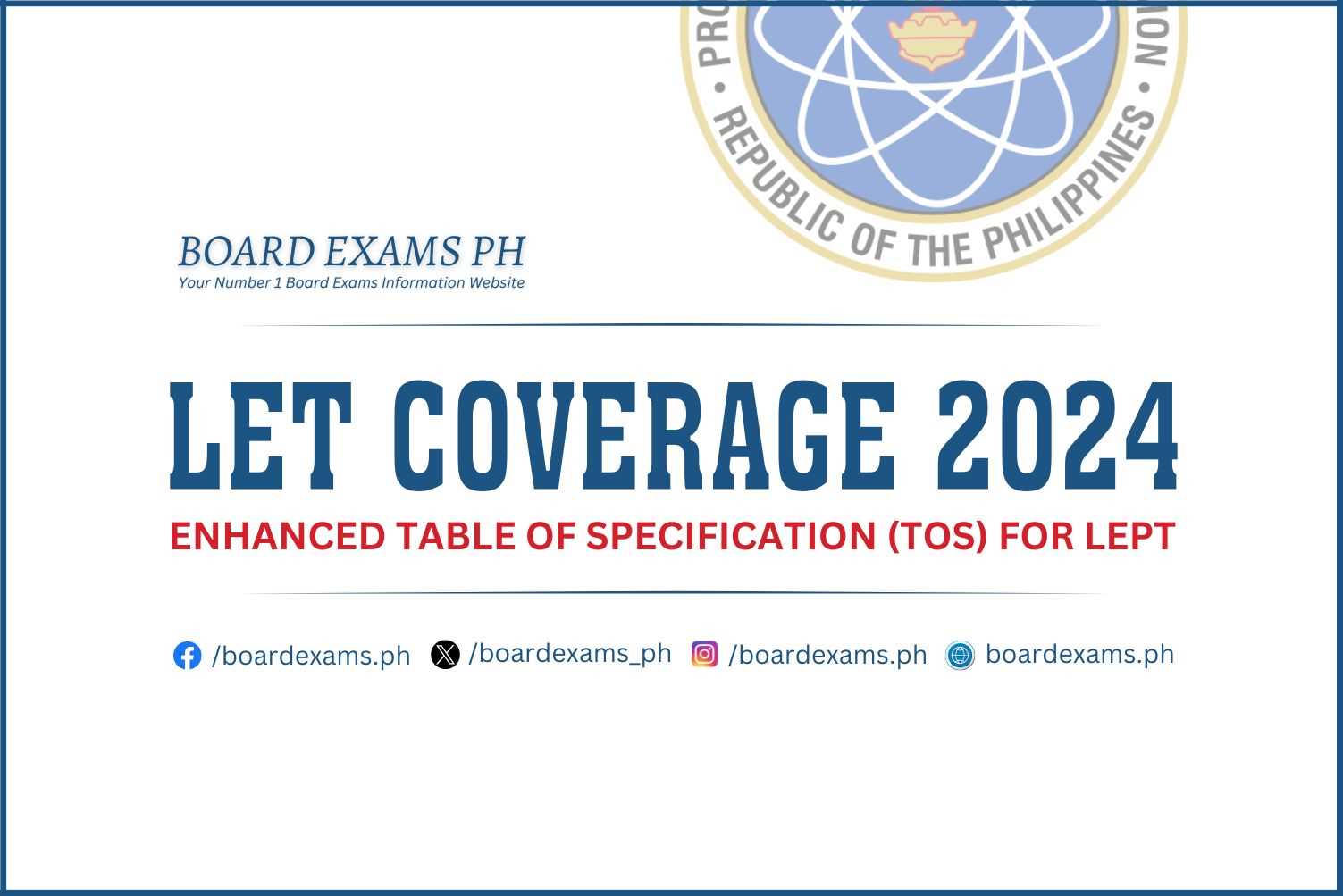
Stress during preparation for a major assessment is common, but managing it effectively can significantly impact both your well-being and performance. Learning to control anxiety, stay calm, and maintain focus throughout the process will help you perform at your best. Understanding that stress is natural, and taking steps to manage it, is key to ensuring that it doesn’t interfere with your study or test-taking abilities.
Here are some strategies to help you cope with stress and maintain a positive mindset during your preparation and on test day:
- Practice Deep Breathing: Deep breathing exercises can help calm your nerves. Inhale slowly for four seconds, hold for four seconds, and exhale for four seconds. This simple practice can reduce anxiety and improve focus.
- Stay Organized: Create a detailed study schedule to prevent last-minute cramming. Knowing what you need to study each day will reduce uncertainty and help you stay on track.
- Take Regular Breaks: Avoid long, continuous study sessions. Take short breaks to clear your mind and refresh your energy. A 5-10 minute break every hour can improve concentration and reduce stress.
- Exercise Regularly: Physical activity is a great way to reduce stress. Even a short walk or light stretching can help release tension and boost your mood.
- Get Enough Sleep: Sleep is essential for memory retention and mental clarity. Ensure you get enough rest in the days leading up to the test. A well-rested mind performs better under pressure.
- Stay Positive: Cultivate a positive mindset by focusing on your strengths. Remind yourself of the hard work you’ve put in and visualize your success on test day.
- Avoid Negative Self-Talk: Stay away from self-doubt and negative thoughts. Instead, affirm your ability to succeed and take on challenges with confidence.
By managing your stress effectively, you can maintain a clearer mind, make better decisions, and perform at your highest level when it matters most. Remember, staying calm, organized, and positive will help you succeed, both during preparation and on test day.
Choosing the Right Study Schedule
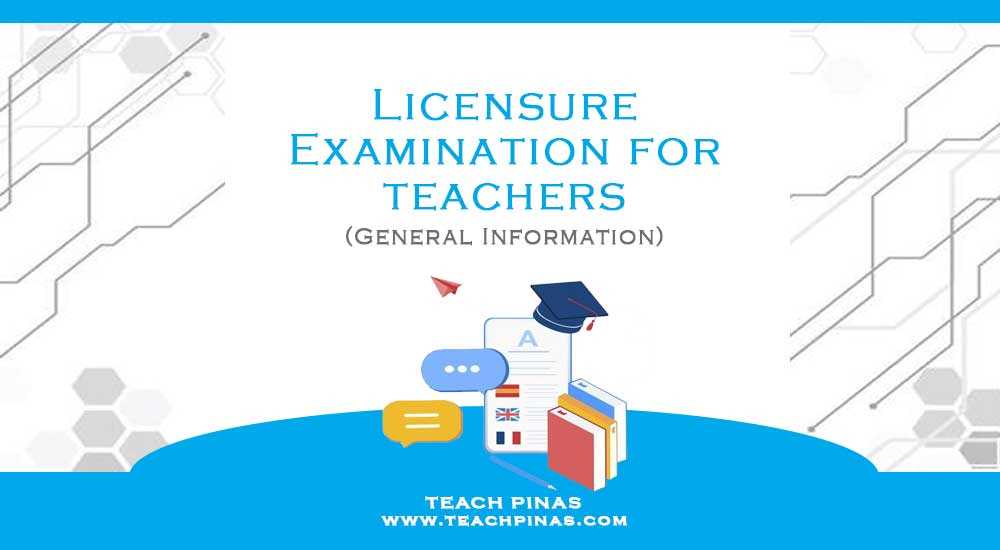
Creating an effective study plan is crucial for preparing for any major assessment. A well-structured schedule helps you stay organized, cover all necessary topics, and manage your time efficiently. Without a clear plan, you may feel overwhelmed or neglect important areas of study. By developing a tailored schedule, you can ensure that every aspect of your preparation is covered, while also maintaining balance and avoiding burnout.
Key Factors to Consider When Creating a Schedule

When planning your study sessions, it’s essential to consider a few important factors to ensure the schedule works for you:
- Time Available: Assess how much time you have left before the test. Create a plan that maximizes this time without overloading yourself. Ensure that you allow enough time to review key areas.
- Study Goals: Set clear and achievable study goals for each session. Break down your study material into manageable chunks and focus on one topic at a time to avoid feeling scattered.
- Prioritize Difficult Areas: Identify your weak points and allocate extra time to those subjects. Tackling difficult areas first ensures you address challenges when you are most alert and focused.
- Rest and Breaks: Avoid long, uninterrupted study sessions. Schedule regular breaks to refresh your mind. Overworking can lead to fatigue and hinder your ability to retain information.
- Flexibility: Life can be unpredictable, so allow some flexibility in your schedule. Adjust your plan as needed, but try to stay consistent with your study routine.
How to Stay on Track

Once you’ve established your study schedule, staying disciplined and motivated is key to success. Here are a few tips to keep you on track:
- Set Realistic Deadlines: Break down large tasks into smaller, manageable chunks, and set deadlines for each one. Achieving smaller goals will give you a sense of progress and keep you motivated.
- Monitor Your Progress: Track your study sessions to make sure you’re staying on schedule. Regularly check your progress and adjust your plan if needed.
- Stay Accountable: Share your study goals with someone you trust, or join a study group to stay accountable. Discussing your progress can help you stay motivated and focused.
By following these steps, you can create a personalized study schedule that suits your individual needs and maximizes your preparation time. With the right balance of focus and flexibility, you’ll be well-prepared for success.
Mock Tests and Their Role in Preparation
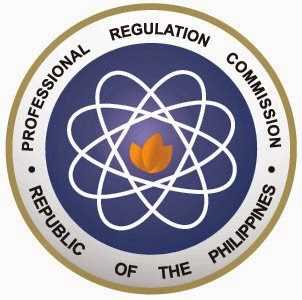
Mock tests are an essential tool in preparing for any high-stakes assessment. These simulated practice tests mimic the real test environment, allowing you to familiarize yourself with the format, timing, and types of questions you will encounter. By taking mock tests, you gain valuable insights into your strengths and weaknesses, helping you fine-tune your study strategy and boost your confidence.
Benefits of Taking Mock Tests
Mock tests offer several advantages that can significantly enhance your preparation. Here are some key benefits:
- Improves Time Management: Practicing with mock tests allows you to experience the time constraints of the actual assessment. This helps you manage your time effectively and develop strategies for completing the test within the allotted time.
- Identifies Knowledge Gaps: By taking practice tests, you can pinpoint areas where you need further study. This allows you to focus on weak topics and reinforce your understanding of complex subjects.
- Reduces Anxiety: Familiarizing yourself with the format and structure of the test through mock exams can help reduce test-day anxiety. The more prepared you feel, the more confident you will be when facing the real assessment.
- Enhances Focus: Mock tests train you to stay focused for extended periods, which is crucial for success. By simulating the test experience, you learn how to maintain concentration throughout the entire session.
How to Effectively Use Mock Tests
To get the most out of mock tests, it’s important to incorporate them strategically into your study plan. Here are some tips for maximizing their effectiveness:
- Take Mock Tests Under Real Conditions: Try to simulate the test environment as closely as possible. Take the mock test in a quiet space, adhere to the time limit, and avoid distractions to create a realistic experience.
- Review Your Results Thoroughly: After completing each mock test, carefully review your answers. Understand why you made mistakes and learn from them to avoid repeating the same errors in the future.
- Use Mock Tests as a Learning Tool: Treat each mock test as an opportunity to learn, not just as a measure of progress. Use the results to adjust your study plan, prioritize challenging topics, and focus on areas that need improvement.
| Mock Test Benefit | How It Helps |
|---|---|
| Time Management | Helps you practice completing questions within the time limit. |
| Knowledge Gap Identification | Reveals areas where you need additional study or practice. |
| Confidence Boost | Familiarizes you with the test format and reduces test-day stress. |
| Improved Focus | Strengthens your ability to stay focused for the duration of the test. |
Mock tests are an invaluable part of the preparation process, offering insights into both your academic knowledge and your readiness for the test. By integrating them into your study routine, you can enhance your performance and approach the real test with confidence.
LET Exam Day: What to Expect
The day of the assessment is crucial, as it’s when all your hard work and preparation come to fruition. It’s important to approach the day with a clear understanding of what to expect, so you can stay calm, focused, and ready to perform at your best. Knowing the process and the environment can help reduce any anxiety and ensure you are fully prepared for the test day experience.
Before the Test
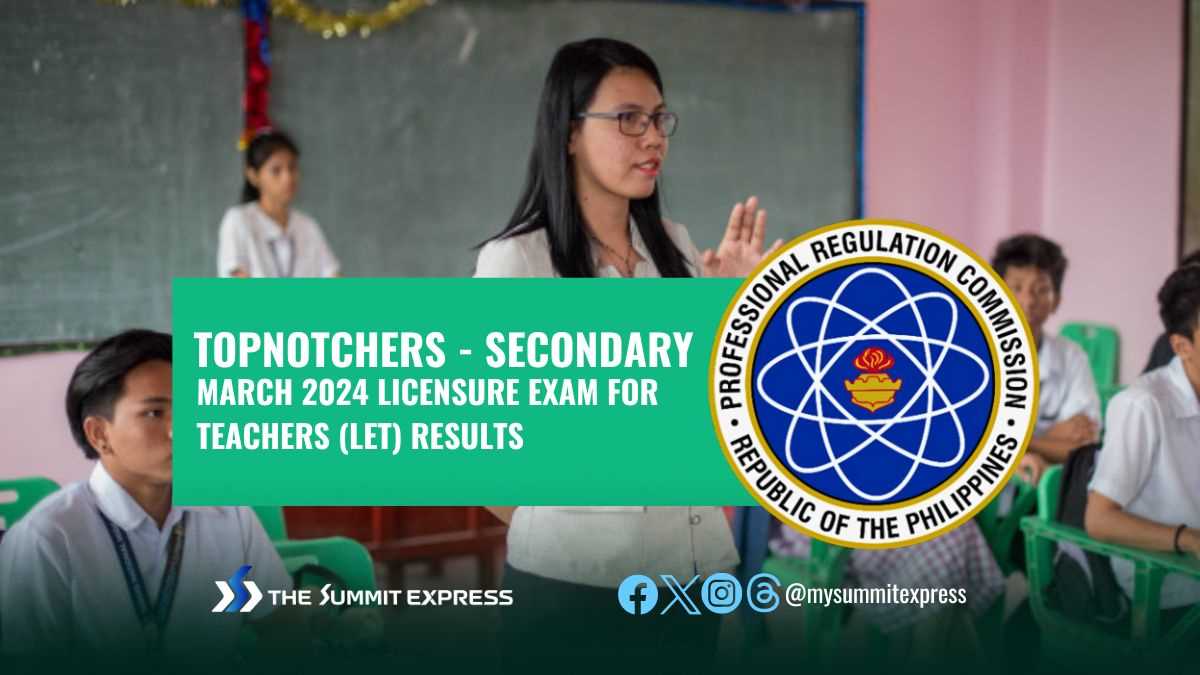
Before the actual testing begins, there are a few steps you need to take to ensure everything runs smoothly:
- Arrival Time: Arrive at the test center well in advance, typically 30 to 60 minutes before the scheduled start time. This allows you to settle in and complete any necessary check-in procedures.
- Identification and Registration: You will need to provide valid identification to confirm your identity. Ensure you have all required documents, such as your registration form or ID card, ready for inspection.
- Test Instructions: Be prepared to listen carefully to any instructions provided by the proctors or officials. These instructions will guide you on how to proceed with the test, including how to handle any breaks or emergencies.
During the Test
Once the test begins, you’ll be required to follow a structured format. Here’s what to expect during the test:
- Timing: The test will be divided into multiple sections, each with a designated time limit. Make sure to pace yourself and keep track of time to avoid rushing through questions.
- Question Format: The test will consist of various types of questions, such as multiple-choice, essays, and possibly short-answer questions. Read each question carefully and answer to the best of your ability.
- Breaks: There may be scheduled breaks during the test. Use this time to relax, stretch, and rehydrate to maintain focus and energy throughout the entire session.
- Stay Calm and Focused: If you encounter difficult questions, remain calm. Don’t spend too much time on any one question; move on and return to it if time allows.
Understanding what will happen before and during the test will help you navigate the day with greater ease. Keep a positive attitude and trust in your preparation, and you’ll be ready to perform at your best when the test day arrives.
How to Improve Your LET Scores
Achieving a high score in the assessment requires a combination of effective study strategies, time management, and maintaining a positive mindset. By focusing on key areas of improvement, you can boost your performance and increase your chances of success. In this section, we’ll explore some actionable tips to help you raise your scores and approach the test with confidence.
Develop a Focused Study Plan
One of the most important factors in improving your performance is having a structured study plan. A well-organized approach will allow you to cover all topics efficiently and avoid last-minute cramming.
- Set Clear Goals: Break down the material into manageable sections and set specific targets for each study session. This will help you stay focused and make progress without feeling overwhelmed.
- Allocate Time Wisely: Dedicate more time to challenging subjects, but don’t neglect your stronger areas. Consistent, balanced study sessions are key to improvement.
- Review and Revise Regularly: Periodically review what you’ve studied to reinforce your understanding and retain important information for longer periods.
Practice with Mock Tests

Taking practice tests is an effective way to simulate the actual test environment and improve your performance. Mock tests allow you to familiarize yourself with the question format, test timing, and identify any weak spots.
- Simulate Test Conditions: Try to replicate real exam conditions when taking practice tests. This will help you manage time and reduce anxiety during the actual assessment.
- Analyze Your Results: After completing practice tests, carefully analyze your mistakes. Understanding why you got a question wrong is crucial for avoiding similar errors in the future.
- Track Your Progress: Regularly monitor your practice test scores to measure your improvement. This will help you identify areas that need more attention and adjust your study plan accordingly.
By implementing these strategies, you can effectively improve your test-taking skills and increase your chances of achieving your desired score. Remember, consistent effort and a positive mindset are essential for success.
Post-Exam Steps After the LET
Once you’ve completed the assessment, it’s important to stay proactive as you wait for your results. The period after the test is a crucial time to reflect on your performance and prepare for the next steps. Whether you’re anxiously awaiting your scores or already planning ahead, there are key actions you can take to stay on track.
The first step is to ensure that you have followed all the necessary procedures for score retrieval and that you are aware of the official timelines for result release. Understanding when and how your results will be posted helps you stay informed and reduces uncertainty.
- Stay Informed: Keep an eye on official announcements regarding score release dates and any post-assessment instructions from the organizing body. Check your email or the official website for updates.
- Self-Reflection: Take some time to reflect on your experience. Consider how you felt about each section and whether there are areas you feel you could have approached differently. This self-assessment can guide you in preparing for future opportunities.
- Plan Ahead: While waiting for your results, start thinking about your next steps. If you’ve successfully passed, consider the next phase in your career development. If you need to retake the test, start focusing on areas of improvement for better preparation next time.
It’s also beneficial to reach out to peers or mentors who have already gone through the same process. Sharing experiences can provide useful insights and emotional support during this waiting period.
Finally, regardless of the outcome, remember that this experience is a stepping stone in your career or academic journey. Every step, whether successful or challenging, contributes to your growth and preparation for future endeavors.
LET Exam Success Stories for Inspiration
Success stories from individuals who have navigated the journey to certification can offer valuable inspiration and motivation. These real-life examples showcase the determination, strategies, and perseverance that can lead to achieving your goals. Whether they overcame personal challenges, used unique study techniques, or simply remained committed, their stories serve as a reminder that success is attainable for anyone with the right mindset and effort.
By learning about others’ experiences, you can gain insights into how to approach your own preparation and tackle any obstacles that may come your way. Let’s explore some of these stories and the lessons they impart.
Real Success: Overcoming the Odds
One common theme in many success stories is resilience. Many candidates faced significant challenges, such as balancing work, family obligations, or financial struggles, but still managed to succeed. Through careful planning, consistent study routines, and a refusal to give up, these individuals showed that obstacles can be overcome with dedication and hard work.
| Candidate | Challenge | Success Strategy | Outcome |
|---|---|---|---|
| John Doe | Working full-time, limited study time | Created a tight study schedule, focused on key areas | Passed with excellent results |
| Jane Smith | Financial difficulties, no access to formal courses | Used free online resources, joined study groups | Successfully achieved certification |
| Emily Johnson | Struggled with anxiety during testing | Practiced relaxation techniques, took mock tests | Passed after overcoming stress-related challenges |
Lessons Learned from Success Stories
The key takeaway from these inspiring stories is that success often comes from perseverance, the right strategy, and learning from past experiences. Candidates who faced setbacks used them as learning opportunities, adjusted their approach, and eventually succeeded. Whether it’s making small adjustments in study habits, developing mental resilience, or seeking support from peers, there are multiple paths to achieving your goals.
Let these stories remind you that with determination and the right tools, you too can succeed in your journey toward certification.
Future Opportunities After Passing the LET
Achieving certification opens up a wide range of professional possibilities, paving the way for career growth and development. This accomplishment not only validates your skills and knowledge but also significantly enhances your credibility within your field. With the right credentials in hand, you can explore various career paths, engage in further education, or take on leadership roles within educational institutions and beyond.
Whether you’re looking to teach, work in educational administration, or explore other sectors, the opportunities are abundant. Let’s examine some of the most promising career prospects after completing the certification process.
Teaching Careers and Roles
One of the most obvious pathways for those who have achieved certification is a career in education. Certification often qualifies individuals for teaching positions in both public and private schools, as well as higher education institutions. Some possible roles include:
- Classroom Teacher
- Special Education Teacher
- Curriculum Developer
- Private Tutor
Administrative and Leadership Roles
Beyond teaching, there are various administrative roles that open up to certified individuals. These positions allow professionals to influence educational practices and policies, manage school operations, and ensure academic standards are met. Some administrative and leadership opportunities include:
- School Principal
- Education Consultant
- Academic Coordinator
- Department Head
In addition to these direct educational roles, those who have achieved certification can pursue careers in related sectors such as education policy, non-profit organizations focused on education, and educational technology. The potential for career advancement is significant, with many opportunities for specialization and further professional development.
Overall, certification can be the stepping stone to a fulfilling and dynamic career, allowing you to contribute meaningfully to the educational landscape and explore various professional avenues in the process.
Frequently Asked Questions About the LET
This section addresses some of the most commonly asked questions regarding the certification process and what it entails. By providing clear answers to these queries, we aim to help potential candidates better understand the steps involved, eligibility criteria, preparation tips, and other essential aspects related to obtaining certification. Whether you’re a first-time applicant or looking to refresh your knowledge, these FAQs will guide you through the process.
General Information
| Question | Answer |
|---|---|
| What is the purpose of the certification? | The certification is designed to assess the qualifications of individuals who wish to pursue a career in teaching or educational administration, ensuring that they meet required standards of knowledge and competency. |
| Who is eligible to apply? | Applicants must have completed a relevant educational program, such as a degree in education or a related field. Additional eligibility criteria may vary depending on the country or jurisdiction. |
| When are the testing dates? | The testing dates are typically scheduled annually. Check with the relevant governing body for exact dates and locations. |
| How long is the certification valid? | The certification is usually valid for a set period, after which recertification or additional professional development may be required to maintain the credential. |
Preparation and Study
| Question | Answer |
|---|---|
| How should I prepare for the certification? | Effective preparation involves reviewing the subject areas covered in the assessment, taking practice tests, and studying relevant materials. Many candidates also find it helpful to attend review courses or join study groups. |
| Are there study materials available? | Yes, there are various study guides, practice tests, and online resources available that can help you prepare for the certification. These materials are often offered by educational institutions, online platforms, and publishing companies. |
| Can I retake the certification if I fail? | Yes, if you do not pass the certification, you can retake it. There may be a waiting period between attempts, and you may need to pay a retake fee. |
| How long does it take to receive the results? | The results are typically available within a few weeks after the testing date. You will be notified via email or through the official portal once the results are ready. |
If you have any other specific questions or concerns, it is always a good idea to consult with the governing body responsible for the certification process in your area.